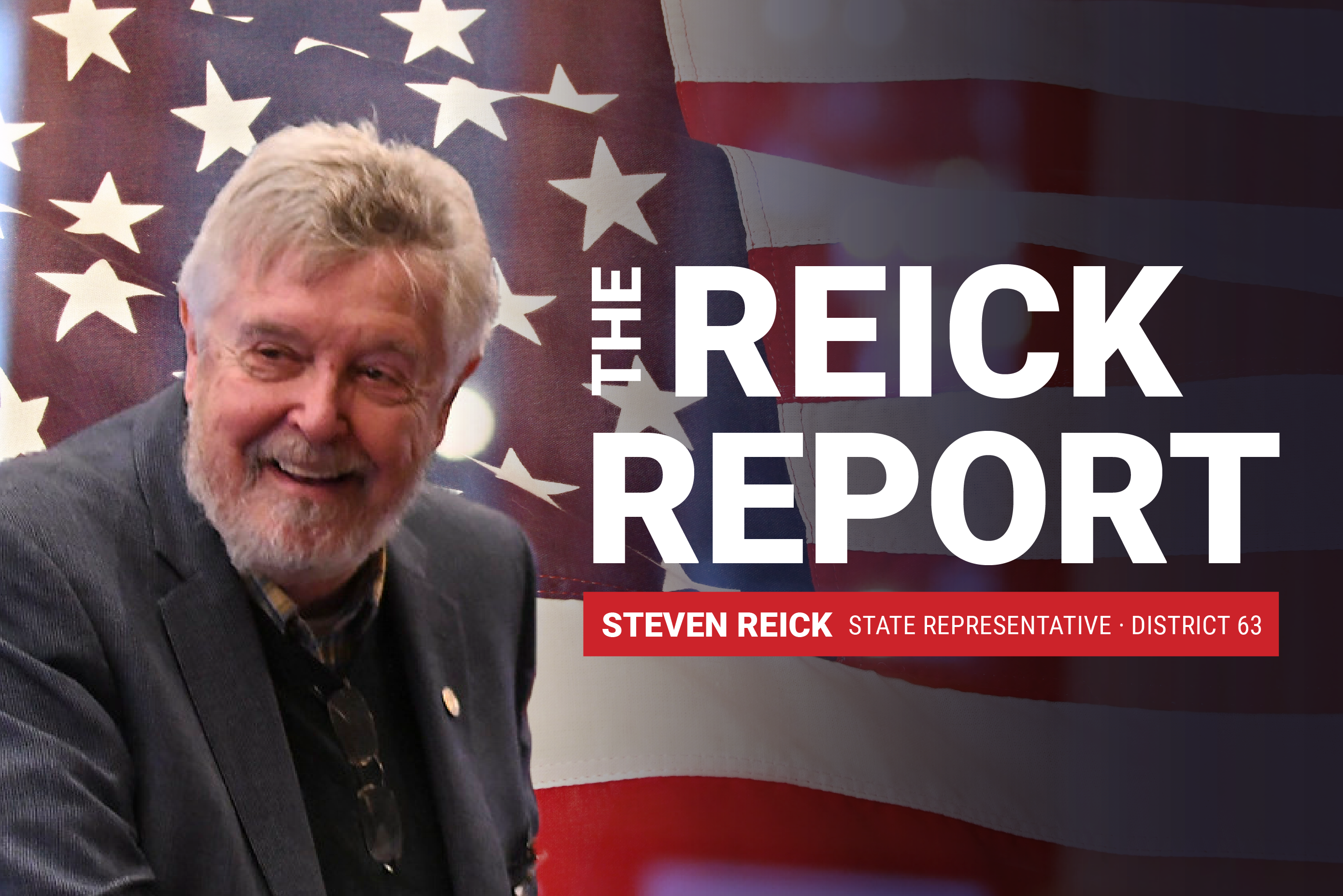I’ve been seeing a lot of talk recently, warning of a bubble in the development of artificial intelligence. For instance, the following quotes are from an article on The Motley Fool website:
- “One of the biggest names in artificial intelligence, the man behind ChatGPT, just shared what most on Wall Street don’t want to say out loud:
‘Are we in a phase where investors as a whole are overexcited about AI? My opinion is yes.’
Let that sink in, not some anonymous analyst, not a fringe blogger: Sam Altman, the man who helped ignite this multi-trillion AI frenzy, is telling us: it’s overheated.”
- “Ray Dalio, founder of one of the largest hedge funds in the world, recently said the current environment feels:
‘Very similar to what we saw before the dotcom bust in 1998 and 1999.’”
From today’s Investor’s Business Daily:
- “The implosion for AI stocks is only getting worse. And the losses are harder to ignore due to their massive and ballooning size.
Shares of the nearly 70 U.S.-listed stocks in the Global X Artificial Intelligence & Technology ETF (AIQ) have shed a collective $1.8 trillion in value since Oct. 29, says an Investor’s Business Daily analysis of data from S&P Global Market Intelligence and MarketSurge. That’s an important date — it’s when AI kingpin Nvidia (NVDA) saw its shares hit a closing high this year.
A $1.8 trillion loss in AI stocks as a group is noteworthy as it already exceeds the $1.5 trillion value of Meta Platforms (META). More than 70% of the AI stocks are down in that time frame. And AI stocks that are down are off an average of 11.6% — putting them squarely in correction territory.”
Meanwhile:
- Meta has paused AI hiring…
- MIT reports that 95% of enterprise GenAI projects are failing.
- And some analysts say this bubble is 17 times the size of dot-com… and 4 times bigger than the subprime bubble.
Now, another shoe has fallen. From this morning’s Wall Street Journal:
- The global bet on artificial intelligence could require trillions of dollars of borrowing. Who might lend that much? How about America’s retirees?
Tech companies are facing an enormous investment need that will outstrip even their considerable existing resources. Morgan Stanley analysts in July estimated that of the roughly $3 trillion that is expected in global data-center capital expenditures through 2028, only about half of that could be funded by projected cash flows. That would leave a roughly $1.5 trillion financing gap…
…Analysts at JPMorgan in October wrote that the public, high-grade bond market “has grown increasingly comfortable absorbing unconventional financing vehicles tied to data center growth.” (Emphasis mine)
I’m not an investment advisor by any means, but putting that last paragraph into English, it means that if you have high grade bond funds as part of your portfolio, you might want to take a look and see how much of it is invested in stocks and debt instruments that support the development of artificial intelligence. If you’ve never watched “The Big Short”, now might be the time. Just sayin’.
All of this might sound wonky and off topic for someone who is supposed to be writing about the goings on of state government, but if you read on, you’ll see that Illinois is also up to its neck in backing the development of artificial intelligence with your money.
Before I go on, I want to make it plain that I am not, repeat: not, opposed to the development of new technologies and having them land in Illinois. It’s just that too often we hand out incentives to bring companies into the state without telling us what kind of safeguards exist within those incentives to claw back taxpayer money if the deal falls through.
Since its most recent accounting of economic development tax breaks, Illinois has committed to forgoing $1.5 billion more in tax revenues to just three industries: electric vehicles, data centers and microchips.
- Reimagining Energy and Vehicles (REV) Program: This program, enacted in 2021, has awarded about $1 billion in credits to electric vehicle manufacturers and renewable energy equipment builders. The program’s main beneficiary, electric vehicle maker Rivian, lost more than $5 billion in 2023.
- Data Centers: Illinois is experiencing a sharp increase in data center construction, and the state is showering them with multiple, virtually automatic tax breaks. The public costs are ballooning rapidly: In just one year — 2022 to 2023 — the state’s lost tax revenue to data centers rose 628% to $370.6 million.
- Making Illinois Chips for Real Opportunity (MICRO) Act, is intended to attract microchip fabrication factories, which contradicts U.S. Department of Commerce advice by spending on companies instead of public goods. And it is funded by workers “paying taxes to the boss,” which makes the state’s structural deficit worse.
- Quantum Computing: The state, Chicago and Cook County have committed about $700 million for quantum computing, especially for a single company with subsidies totaling $1.3 million per job — a cost at which taxpayers can never break even. That one company’s ambitious business plan and the prospect of attracting more such companies are now a public-finance risk.
Subsidies are tax increases, pure and simple, and do nothing but put the government’s thumb on the scale for the benefit of favored constituencies. We’d be much better off if we spent less time granting unsustainable tax incentives and spent more time creating a favorable environment for economic development that didn’t rely on gimmicks. Given the possibility that an AI bubble could burst right in our midst, I think it’s time to reconsider just where Illinois is going with all this.
I was very gratified by the feedback I got from my last Reick Report. If you’d like to let me know what you think about this issue, please send me an email.
